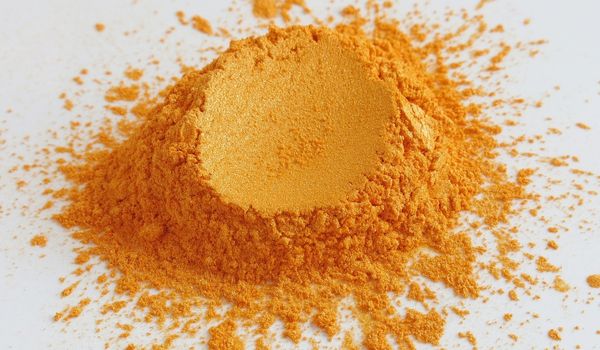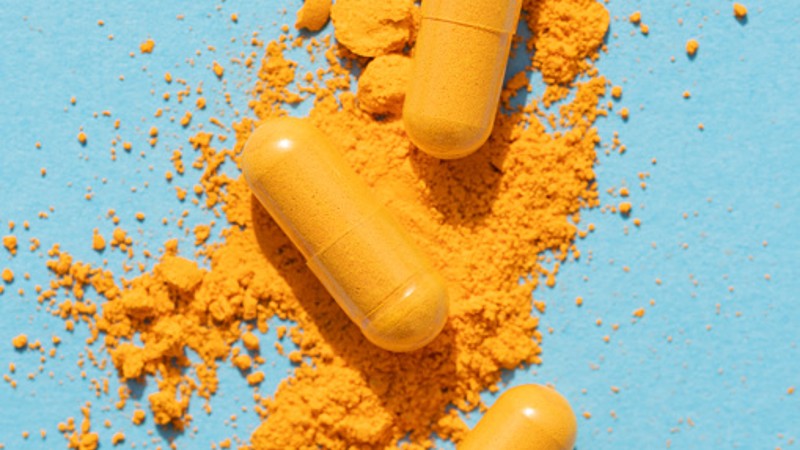Coenzyme Q10
Product description
Coenzyme Q10 (CoQ10), also known as ubiquinone, is a naturally occurring antioxidant that is found in every cell of the body. It plays a critical role in the production of energy, particularly in the form of adenosine triphosphate (ATP), which is the main energy currency of cells. CoQ10 is present in high concentrations in mitochondria, the powerhouses of the cells, where it helps to convert food into energy. It also acts as a potent antioxidant, protecting cells from oxidative damage caused by free radicals.
Coenzyme Q10 powder is a supplement form of CoQ10 that can be used to provide the body with additional amounts of this important compound. It is typically available in powdered or capsule forms and is often included in supplements aimed at improving energy production, cardiovascular health, skin health, and overall vitality.
Importance of Coenzyme Q10:
CoQ10 is naturally produced in the body, but levels tend to decrease with age, making supplementation potentially beneficial, particularly for older individuals or those with specific health conditions. CoQ10 is also found in food sources like organ meats, fatty fish, and whole grains, though it may be difficult to obtain sufficient amounts from diet alone. Supplementing with CoQ10 powder can help maintain optimal levels and support various bodily functions.
Benefits of Coenzyme Q10 Powder as a Supplement:
Boosts Energy Production: CoQ10 plays a central role in the production of ATP, the molecule responsible for storing and transferring energy within cells. Supplementing with CoQ10 can help improve energy levels, particularly for individuals who experience fatigue due to aging or certain health conditions, like chronic fatigue syndrome. It’s often used by athletes to enhance physical performance and reduce exercise-related fatigue.
Supports Cardiovascular Health: CoQ10 is well-known for its ability to support heart health. It helps in maintaining blood vessel health and blood pressure regulation by improving the function of the blood vessels and promoting proper circulation. CoQ10 has been shown to help reduce high blood pressure (hypertension) and may contribute to a lower risk of cardiovascular disease by improving heart muscle function and protecting the heart from oxidative stress.
Potent Antioxidant: CoQ10 is a powerful antioxidant that helps protect cells from oxidative damage caused by free radicals. This is important for reducing the risk of chronic conditions like diabetes, neurodegenerative diseases (such as Parkinson’s and Alzheimer’s), and cancer. By neutralizing free radicals, CoQ10 helps to maintain cellular integrity and supports overall health.
Promotes Healthy Skin: CoQ10 is often included in skincare products due to its ability to reduce fine lines, wrinkles, and age spots. As an antioxidant, CoQ10 helps protect the skin from damage caused by UV radiation and environmental stressors, which contribute to premature aging. Supplementing with CoQ10 may also support collagen production, promoting a more youthful appearance.
Supports Brain Health: CoQ10 is essential for the healthy functioning of the brain. It helps maintain mitochondrial function and provides energy to brain cells, which is crucial for cognitive function and memory. CoQ10’s antioxidant properties help protect the brain from oxidative stress, which is linked to age-related cognitive decline and neurodegenerative diseases. It may play a role in reducing the risk of diseases like Alzheimer’s and Parkinson’s.
Enhances Fertility: CoQ10 is thought to improve fertility, particularly in both men and women who may be dealing with age-related fertility decline. In women, CoQ10 supports egg quality and may help increase the success rates of assisted reproductive technologies like in vitro fertilization (IVF). In men, CoQ10 may improve sperm quality and motility, enhancing overall reproductive health.
Improves Exercise Performance: Due to its role in energy production, CoQ10 supplementation is popular among athletes and active individuals. It may help improve exercise endurance and stamina, reduce muscle damage and soreness after workouts, and enhance recovery time. By improving mitochondrial efficiency, CoQ10 helps muscles generate more energy, leading to better performance during high-intensity activities.
Supports Immune Function: CoQ10 plays a role in maintaining the immune system’s health. By supporting the production of ATP, CoQ10 ensures that immune cells have the energy needed to function optimally. It also protects these cells from oxidative stress, which can impair immune response and lead to chronic inflammation. CoQ10 supplementation can help improve overall immune defense, particularly in older adults.
May Help with Migraines: Several studies suggest that CoQ10 supplementation can help reduce the frequency and severity of migraines. CoQ10’s role in energy production and its ability to protect against mitochondrial dysfunction may be especially helpful for individuals suffering from migraine headaches, which are often associated with mitochondrial dysfunction.
Supports Liver Health: CoQ10 plays a role in detoxifying the body and supporting liver health. The liver is responsible for metabolizing toxins and producing vital proteins, and CoQ10 helps ensure these processes function efficiently by providing energy to liver cells. Some studies suggest that CoQ10 may help reduce liver inflammation and improve liver function in people with conditions like non-alcoholic fatty liver disease (NAFLD).
How to Take Coenzyme Q10 Powder:
Coenzyme Q10 powder can be easily incorporated into smoothies, shakes, or beverages. The typical dosage for CoQ10 supplementation varies depending on individual needs, but it generally ranges from 100 mg to 300 mg per day. Some people may take higher doses (up to 600 mg) for specific health conditions, but it’s important to consult with a healthcare provider to determine the correct dosage for your needs.
CoQ10 is fat-soluble, so it is best absorbed when taken with a meal that contains healthy fats. For enhanced absorption, some CoQ10 supplements are formulated with bioenhancers like piperine (black pepper extract) or omega-3 fatty acids.
Considerations:
Side Effects: CoQ10 is generally well-tolerated, but some individuals may experience mild side effects, such as upset stomach, headaches, or insomnia when taking higher doses. These side effects can often be mitigated by taking the supplement with food.
Interactions: CoQ10 may interact with certain medications, including blood thinners (like warfarin) and insulin or other medications for diabetes. It is important to consult a healthcare provider before taking CoQ10 if you are on any medications.
Pregnancy and Breastfeeding: While CoQ10 is considered safe for most people, pregnant and breastfeeding women should consult with a healthcare provider before using CoQ10 supplements.


